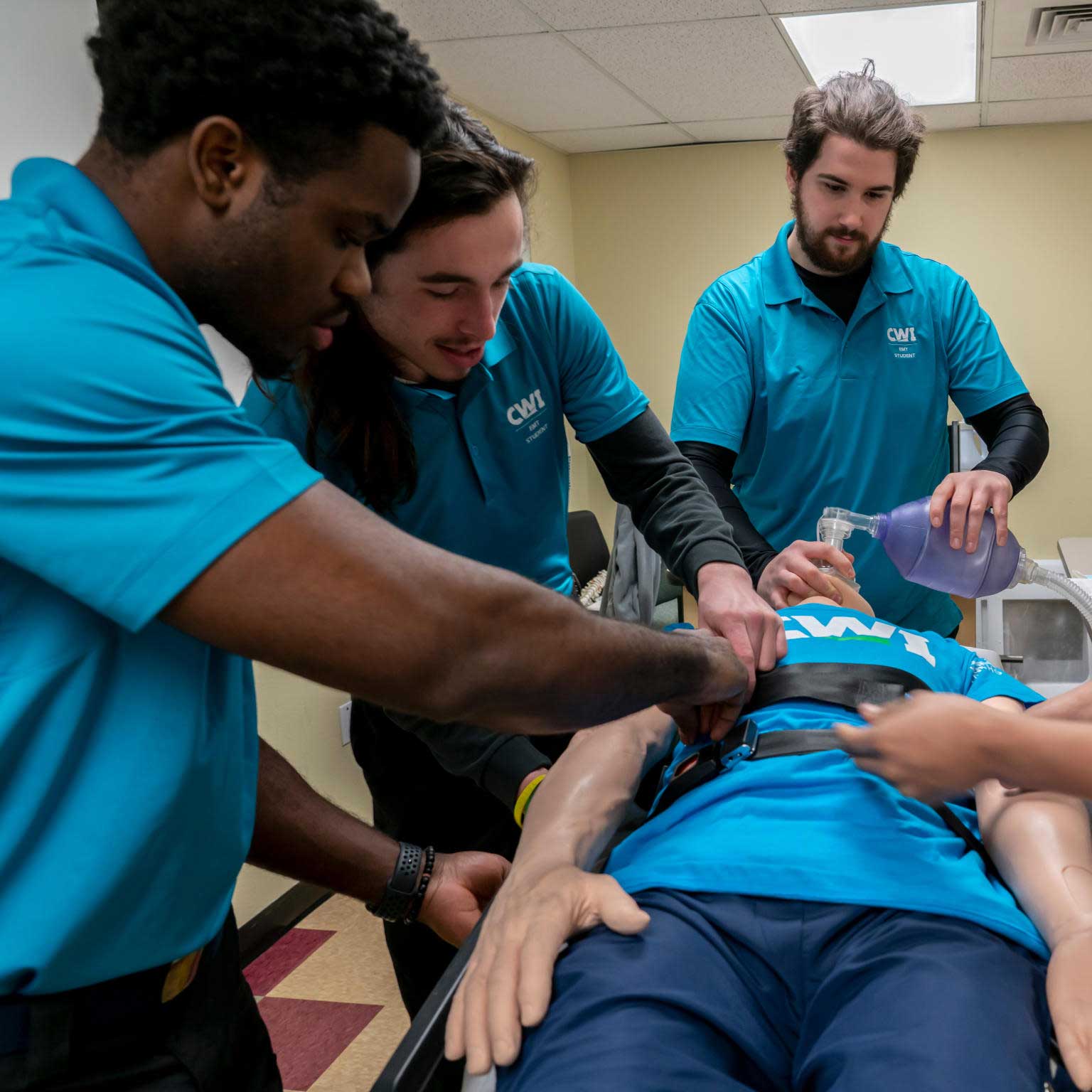The Essential Effect of Strength Exercise on Enhancing Recovery and Effectiveness in Athletic Rehabilitation
The Essential Effect of Strength Exercise on Enhancing Recovery and Effectiveness in Athletic Rehabilitation
Blog Article
Resistance training holds a vital role in sports recovery, assisting athletes heal from traumas and enhance their overall performance. When an athlete sustains injured, their physique needs time to heal. However, during this recovery phase, it is essential to preserve strength and flexibility to avoid further damages. Strength conditioning can be customized to fit the needs of each athlete, concentrating on particular muscular areas that may have been affected by the trauma. This focused approach not only assists in recovery but also prepares the individual to return to their activity stronger than previously.
One of the main advantages of strength training in rehabilitation is its ability to improve muscular power and endurance. When muscles are more powerful, they can better support articulations and reduce the risk of re-injury. For example, an individual healing from a leg trauma can benefit from workouts that strengthen the quadriceps and back thigh muscles. These muscles play a crucial role in stabilizing the leg joint. By including resistance training into their recovery program, athletes can recover their strength more efficiently and securely.
In addition to building power, strength training also enhances flexibility and scope of motion. view it now Many injuries can result to stiffness in the injured area, making it difficult for individuals to move freely. Resistance training exercises often involve extending and lengthening the muscles, which can assist restore mobility. For example, incorporating weight bands or dumbbells into stretching routines can enhance the efficacy of these exercises. As flexibility enhances, athletes can perform actions more efficiently, which is essential for peak performance in their sport.
Another crucial aspect of resistance conditioning in athletic rehabilitation is its positive effect on psychological well-being. Recovering from an injury can be a difficult and exasperating process for athletes. Engaging in resistance conditioning can offer a sense of accomplishment and enhance self-esteem. As athletes see improvements in their power and capabilities, they may feel more motivated to continue their recovery process. This mental boost can be just as important as the bodily benefits, as a positive attitude can result to better outcomes in rehabilitation.
Finally, strength training can help individuals move back to their activity more smoothly. Once they have recovered their power and flexibility, athletes must to rehearse sport-specific actions to guarantee they are ready for competition. Resistance training can be integrated with activity-specific drills to create a holistic recovery plan. This blend allows athletes to not only recover but also improve their capabilities. By focusing on both rehabilitation and capabilities, strength conditioning becomes an crucial instrument in the recovery process, helping individuals come back to their activity stronger and more resilient.